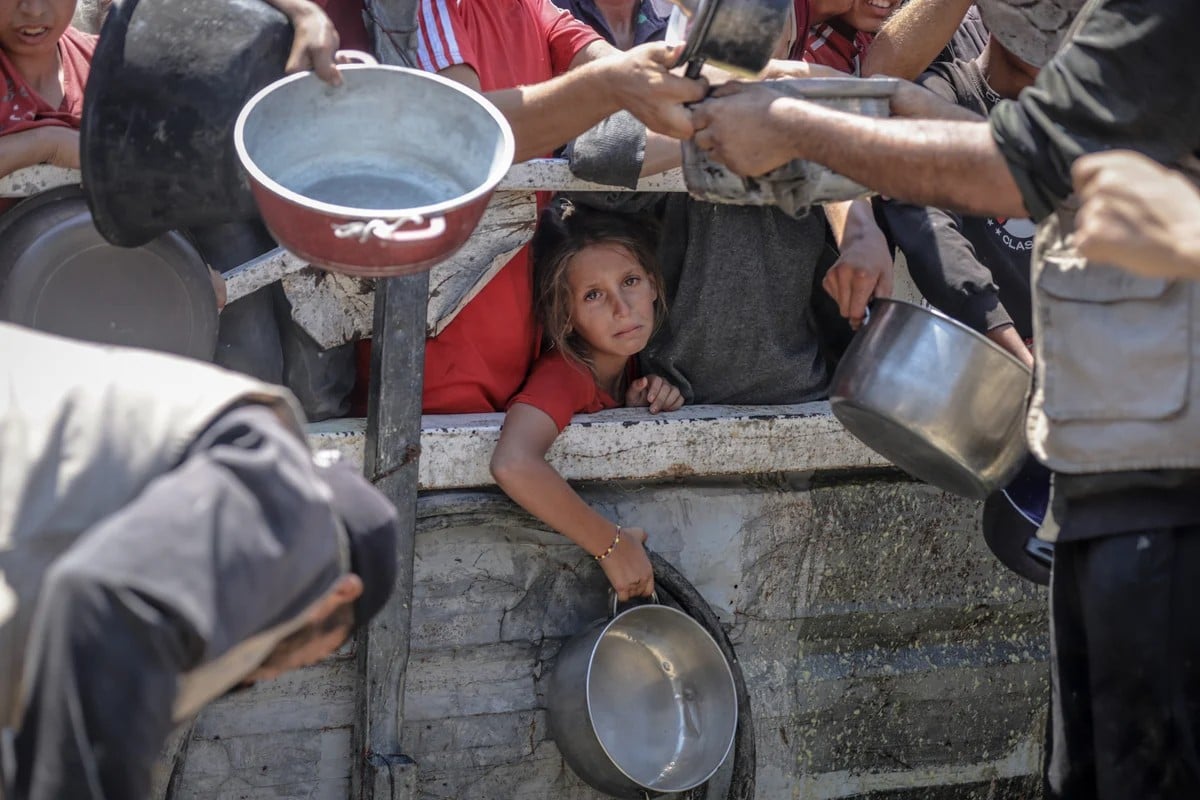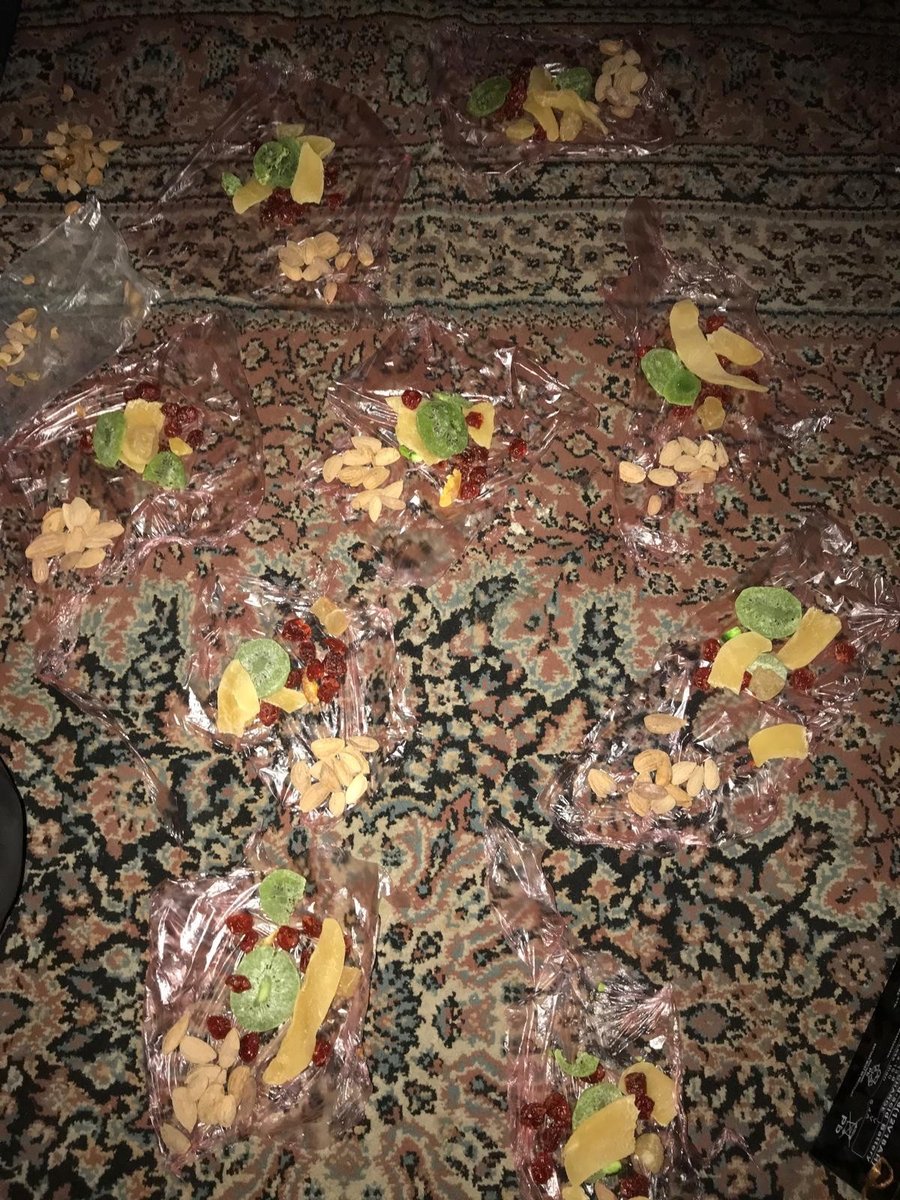
This article was originally published in Samah Zaqout's substack. Samah is a Palestinian writer, translator, and lecturer from Gaza. It has been republished here with permission.
A year has passed since I wrote this, yet famine still devours Gaza….
In Gaza, getting white bread is a rare comfort—a gamble with your life.
Every morning in Gaza, people rush to reserve their spot in the bakery queues. By 6 am, bakery doors open, but the queues start hours earlier and continue stretching until nearly midnight, yet the crowd never thins. Some send their elderly mothers to the front—fragile hands and tired eyes given priority, a desperate attempt to secure them a loaf first.
But in Gaza, even bakeries are not safe from the bombs.
One day, my father took me and my two sisters to try our luck at a bakery. The women's queue was often shorter, often faster. But when we arrived, the bakery was suffocatingly packed — people shoving, jostling, and shouting. Fists flew as some tried to snatch loaves from each other.
My father's face turned grim. "Even if we wait until morning, we won't get a turn. Let's try somewhere else," he said.
We left tired and empty-handed.
Hours later, news broke: that bakery had been bombed. Dozens killed and injured. Bread and blood scattered across the street.
I couldn't shake the thought: 'What if we had stayed?'





























































































